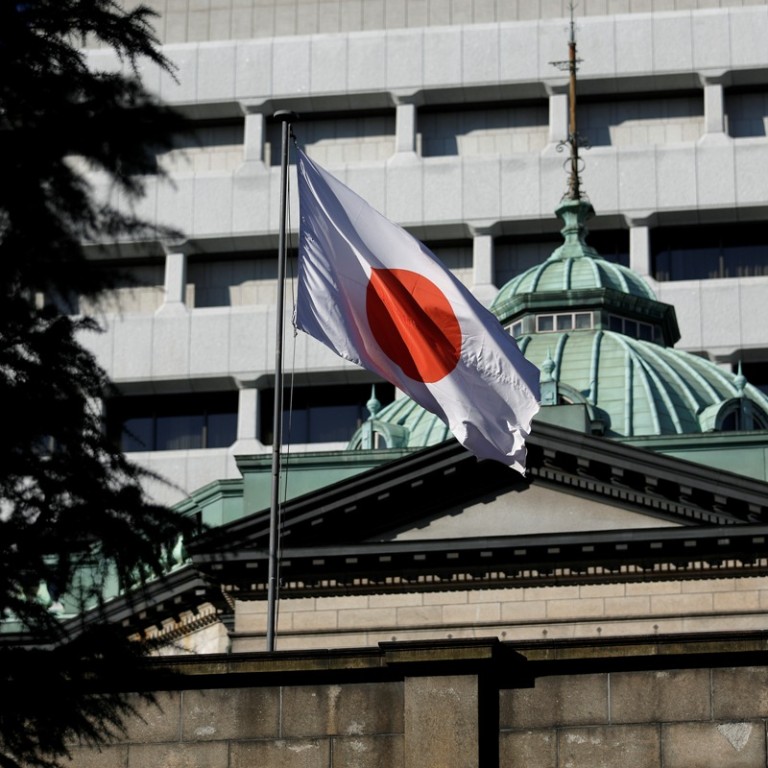
Bank of Japan keeps record easing
The Bank of Japan maintained unprecedented stimulus, as governor Haruhiko Kuroda's bid to stoke inflation faces increasing challenges from the plunge in oil prices.
The Bank of Japan maintained unprecedented stimulus, as governor Haruhiko Kuroda's bid to stoke inflation faces increasing challenges from the plunge in oil prices.
The central bank would boost the monetary base at an annual pace of 80 trillion yen (HK$5.19 trillion), it said in a statement.
The slide in oil could weigh on consumer price gains in the first half of the year starting in April, Kuroda said yesterday.
Exports had shown signs of picking up, while production had started to bottom out, the bank said, striking a more positive tone in its view of the world's third-largest economy.
Oil has lost more than 25 per cent of its value since the central bank boosted easing on October 31 to end a "deflationary mindset".
"The Bank of Japan wants the focus to be on the improvement in the economy," said Mari Iwashita, the chief market economist at SMBC Friend Securities. "Chances are pretty low that it will ease because of the recent tumble in oil prices. They want to make it clear their policy is forward looking and that a virtuous economic cycle is intact."
The economy was expected to continue a moderate recovery as the effects of an April sales tax rise dissipated, the bank said. Inflation expectations appeared to be rising from a longer-term perspective.
Last month, it said exports had been "more or less flat" and cited "some weakness" in production.
The yen has declined 8.5 per cent against the US dollar since the day before the October easing, and was down 0.4 per cent yesterday after touching a seven-year low.
Speaking just days before Prime Minister Shinzo Abe is to appoint a new cabinet following a December 14 election victory, Kuroda kept pressure on the government to step up the pace of reforms, the "third arrow" of Abenomics that Abe has pledged to accompany fiscal and monetary stimulus.
"Measures - growth and revitalising policies - to raise Japan's growth potential are increasingly important," Kuroda said. "It will take time for each policy to bear fruit, so it's better the government have a sense of urgency to make progress."
The decline in oil prices has crimped inflation, complicating Kuroda's task of generating stable 2 per cent price gains after he led a divided board on October 31 to increase stimulus.
Given the declines in oil, it might be hard for inflation to pick up in the first half of the fiscal year starting in April, Kuroda said.

